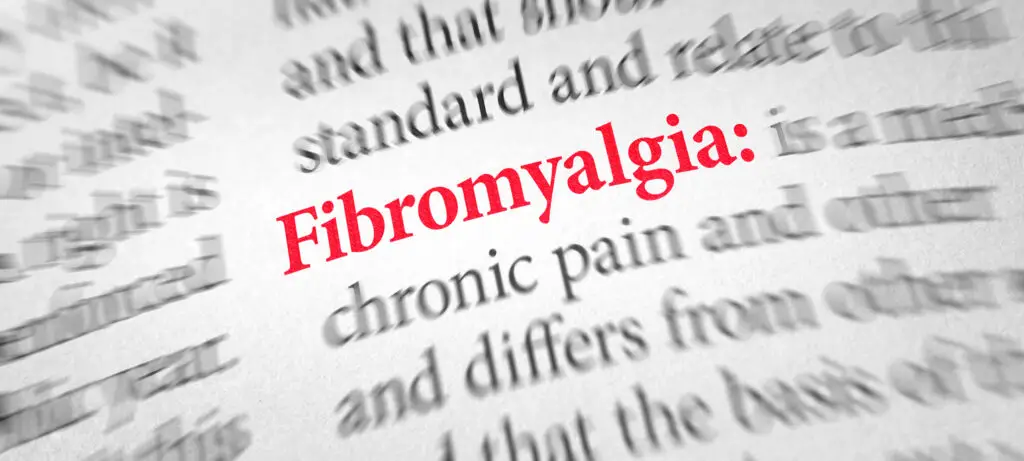The Benefits of Medical Marijuana For Fibromyalgia Patients in North Carolina
Fibromyalgia is a chronic condition marked by widespread musculoskeletal pain, fatigue, and tenderness in the body. It affects about 4 million adults in the United States but is more common in women. We still don’t know the exact cause of fibromyalgia.
But, many believe it involves genetic, environmental, and psychological factors. Patients with fibromyalgia experience widespread, debilitating pain, sleep disturbances, cognitive difficulties, and a higher sensitivity to touch. These symptoms can significantly impact a person’s life.
Patients usually struggle to work and perform daily activities. Patients also deal with a certain stigma. The stigma involves a constant debate about fibromyalgia being a musculoskeletal or a mental condition.
Fibromyalgia isn’t taken seriously by everyone, which presents more issues. Worse still, the disease can be difficult to treat. Often, this means that patients need a cocktail of medications and therapies to manage the symptoms.
However, recent studies show promising results when patients use medical marijuana for fibromyalgia.

The Science Behind Why Medical Marijuana Works For Fibromyalgia
From what we understand, fibromyalgia is a miscommunication between the brain and the nerves. Medical marijuana is a potential treatment for fibromyalgia thanks to its analgesic and anti-inflammatory properties. The cannabinoids found in marijuana, like THC and CBD, interact with the body’s endocannabinoid system (ECS) to produce therapeutic effects.
The ECS controls pain, mood, sleep, and immune function. It’s a complex network of signals and cellular receptors throughout the body. In the brain, the CB1 receptors, are more abundant than any others.
These receptors are the regulators, like gatekeepers, overseeing various neurotransmitters. They control our hunger, body temperature, and alertness through immediate feedback. Research studies suggest that medical marijuana can manage fibromyalgia symptoms.
A study in the Journal of Clinical Medicine found that fibromyalgia patients using medical marijuana experienced significant reductions in pain intensity and improved sleep quality.
Firstline Treatment Options For Fibromyalgia
Overall, fibromyalgia treatments typically involve a combination of medication and self-care. The focus is on reducing symptoms and enhancing well-being. While there is no universal treatment, using several strategies has a stacking effect.
Doctors usually prescribe a mix of treatment options to help reduce the pain of fibromyalgia. Medications can help ease the pain of fibromyalgia and improve sleep. Therapies can lessen the effects of the condition.
Common choices include:
- Pain Relievers: Over-the-counter pain relievers like Tylenol, Advil, or Aleve can be helpful. Avoid opioids as they can cause side effects, dependence, and worsen the pain over time.
- Antidepressants: A doctor may suggest Cymbalta and Savella for fibromyalgia pain and fatigue. Amitriptyline or cyclobenzaprine also promotes sleep.
- Occupational Therapy: Seeing an occupational therapist can help. They will suggest work area and task adjustments to reduce bodily stress.
- Counseling: Doctors will also prescribe counseling sessions to bolster your confidence in your capabilities. They will provide techniques to manage challenging circumstances.
Fibromyalgia patients usually start with some variation of these treatments. However, it seems that improvements only last for a short time. For others, these treatments provide no relief.
At this junction, patients are exhausted and out of treatment options. To make matters worse, fibromyalgia can occur alone, but patients often have tension headaches and Irritable Bowel Syndrome (IBS). These accompanying conditions already complicate an elusive disease.
Further research shows this is why conventional treatments aren’t as effective. Yet, diligent cannabis research reveals alternative treatments show great promise.
Benefits of Medical Marijuana For Fibromyalgia Pain Management
Using medical marijuana for pain management isn’t a new concept. Cultures around the world use cannabis for its therapeutic benefits. Medical marijuana comes in many forms, which usually target fibromyalgia’s many symptoms.
Since fibromyalgia symptoms compromise the brain and the body, medical marijuana helps with addiction, HIV and AIDS, and even cancer.
Medical Marijuana For Pain Management
One of the main benefits of medical marijuana is that it provides pain relief. Chronic pain is a hallmark symptom of fibromyalgia, and conventional medications aren’t always practical. Medical marijuana offers an alternative approach with potentially fewer side effects.
Medical Marijuana For Insomnia
Patients can suffer from a long list of symptoms, so it’s no surprise that they could have insomnia. Fortunately, medical marijuana can also improve sleep quality in fibromyalgia patients. Sleep disturbances can aggravate pain and other associated symptoms.
The soothing properties of certain strains of medical marijuana can promote better sleep patterns.

Medical Marijuana For Depression
Medical marijuana could also have mood-enhancing effects, which can benefit fibromyalgia patients with depression and anxiety. The cannabinoids in marijuana act on the brain’s neurotransmitters, like serotonin and dopamine, to regulate and reduce feelings of stress. Observational studies support this notion, but more research is necessary to confirm these findings.

